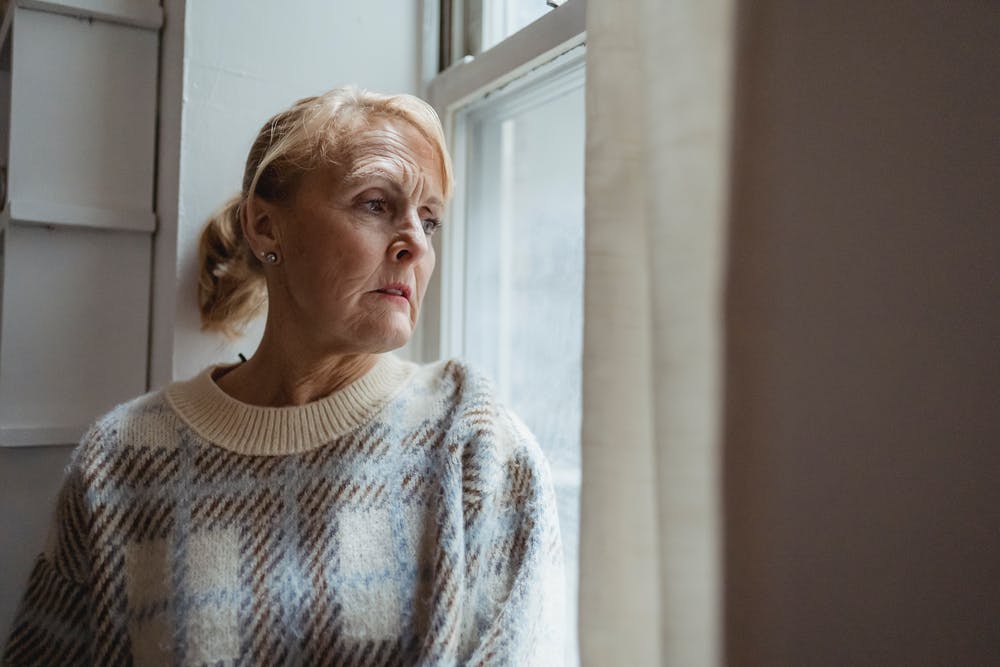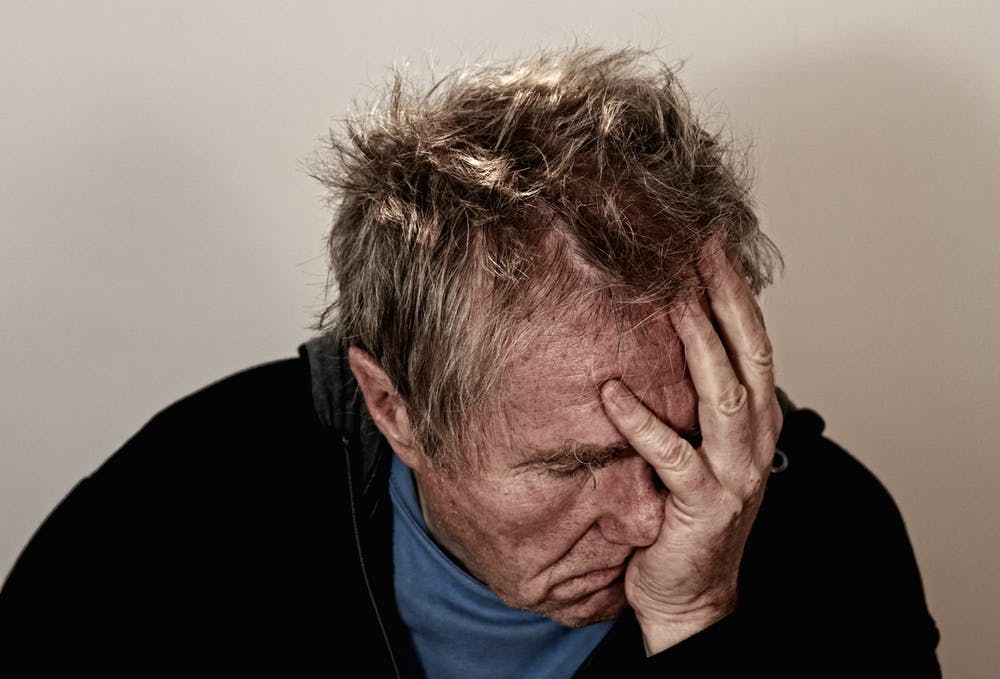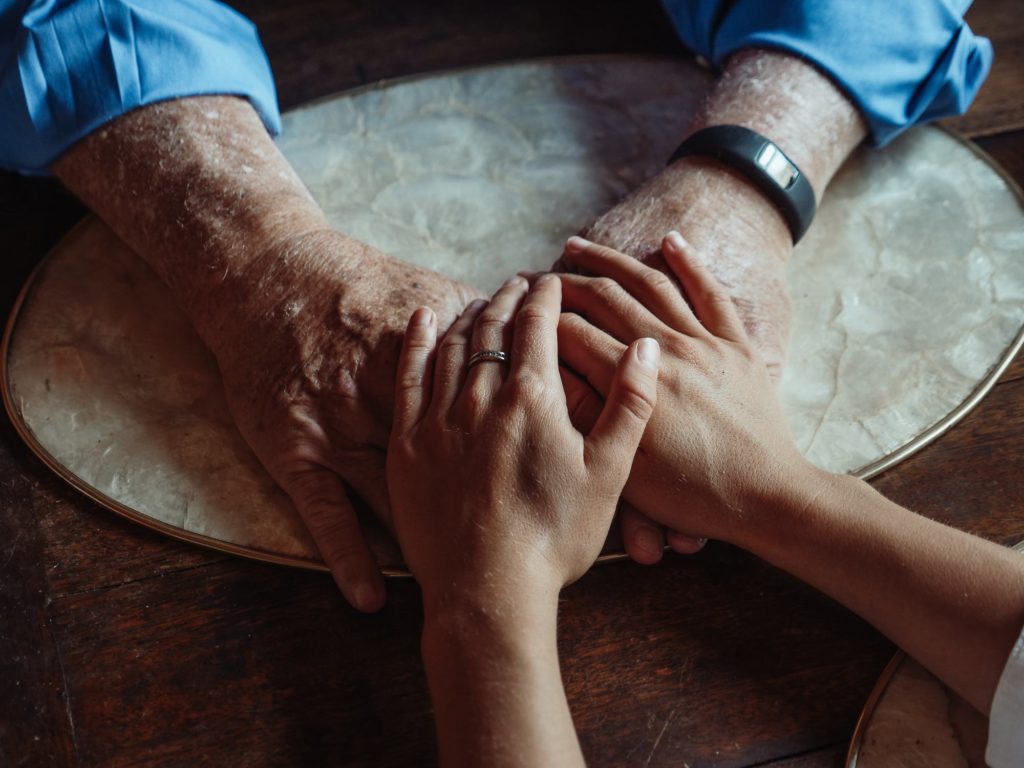Depression is one of the major mental illnesses that older adults can suffer from. And it can aggravate the other health issues that they might have. Because of this, providers of home health care in California go through great lengths to manage it. They also explore many treatments for depression in seniors.
But it can still be a challenge for relatives caring for these seniors, as they find themselves confused on how to deal with it. So, how do you help your elderly loved ones cope with it? Let’s take a closer look.

Understanding Depression In Older Adults
While depression can hit anyone at any age, it can be especially hard for seniors. Combined with their weakened bodies, they find it harder to cope with the stress. This can create a worsening cycle for them. One thing to understand is that it is not part of the normal aging process. Thus, you have to address it immediately and help them cope.
There are several types of depression that seniors can suffer from.
- Major depressive disorder: This causes symptoms that last for around two weeks and can affect the ability to do tasks.
- Persistent depressive disorder: People with this condition can have a depressive mood that lasts for several years. But they can still perform tasks normally.
- Medication/substance-induced depression: This is depression caused as a side effect of taking medication or other substances.
- Depression due to medical conditions: A separate medical condition like heart ailments can also induce depression in seniors.
Note that your elderly loved one might experience not just one but a combination of several types. To better understand which type is more predominant, you need to go through their medical history further.
Helping Seniors Cope With Stress
The Causes And Risk Factors
Various causes can bring about depression in your elderly loved ones. One of the most obvious is stress brought about by different external factors. For instance, they might worry too much about their personal or family situation. This can even be more so when it comes to a major life event like the death of a loved one.
Beneath the surface, genetics also plays a role in their risk factor for depression. If a senior’s family has a history of the condition, they have a higher chance of acquiring it at some point. Note that you also need to consider this for your well-being. Caring for a relative with depression can be mentally taxing, leading to your own depressive episodes.
Other Factors
Various external factors can also increase the likelihood that your elderly loved ones will fall into depression. Lack of interaction with others, especially their relatives or friends, can make them feel alone. Disabilities that hinder them from actively socializing can worsen their situation.
Another factor that could worsen depression is if your elderly loved one has a history of addiction. Alcoholism is a common one, but it can also be other types of substance abuse. This can still be a concern even if they have already stopped for years. A state of depression can lead them to relapse back to the addiction.
Spotting Signs Of Depression
A challenge of treatments for depression in seniors is detecting it in the first place. People can exhibit depression in different ways. That can lead you to overlook it until it is too late. However, there are still some signs you should take into account. These include:
- Persistent sadness or feelings of emptiness
- Irritability, restlessness, or grumpiness
- Constant feelings of fatigue
- Loss of interest in doing pleasurable activities
- Difficulty concentrating, remembering things, or making decisions
- Change in eating habits, such as eating more or less than usual
- Difficulty sleeping
- Thoughts of death or suicide
As we have already said earlier, people can express these symptoms differently. Thus, you need to closely observe your elderly relative and see whether these symptoms are getting worse.

Devising The Right Management Plan For Depressed Seniors
Because of the different ways that depression can manifest in people, your loved one needs to have an intervention program tailored for them. A psychiatrist will look into the specifics of their condition, including:
- How long they have had the condition
- What might have brought about the depression
- Whether they had previous episodes of depression before
To be considered clinically depressed, the senior needs to have shown the symptoms for at least two weeks. Depending on the other aspects of the diagnosis, they will recommend one or more types of treatments for depression in seniors.
Psychotherapy
Here, your elderly loved ones talk with a mental health expert. The expert can help them identify and change the behavior, thoughts, and emotions that might be triggering the depression. Additionally, they can help your elderly loved one re-channel their attention to something more positive.
Medications
Anti-depression drugs for seniors work by balancing the various hormones that control emotions. Some of the typical prescriptions that patients might receive include:
- Selective serotonin reuptake inhibitors
- Serotonin modulators and stimulators
- Bupropion, mirtazapine, or any other atypical antidepressant drug
Bear in mind that older people are more sensitive to medications than younger ones. Hence you need to carefully follow the dosage prescribed by doctors to avoid possible complications. On the other hand, the medication might take longer to take effect, so the treatment might also be longer.
Alternative Therapies
Aside from the above two, your elderly relative might also undergo alternative therapies as prescribed by doctors. Electroconvulsive therapy is one such method. It involves placing electrodes on a patient’s head to let a small current pass through the brain to stimulate it. Note that this method is used only if the other treatments have not produced significant results.
Seniors And Effective Emotional Management
Helping Your Loved Ones Cope With Depression
Your main role is to provide support for your elderly loved ones. They are more likely to respond to those treatments if they feel that you are behind them. Thus, you need to make it a habit to engage them regularly.
One way to do that is by participating in the activities they want to do. This strategy works in a variety of ways. First, it encourages them to be more physically active. Additionally, you joining them gives your senior loved ones renewed appreciation for these activities. That will help them power through the depression.

The Right Home Health Services In California For Depression
But you don’t just want to be by their side. You also need to provide them with the right home care. Amavi understands that need and we are ready to provide different mental health care services for older people. These cover not just treatments for depression in seniors but other conditions like dementia. Get the best home health care in California and help your elderly loved one get back on the right track.
